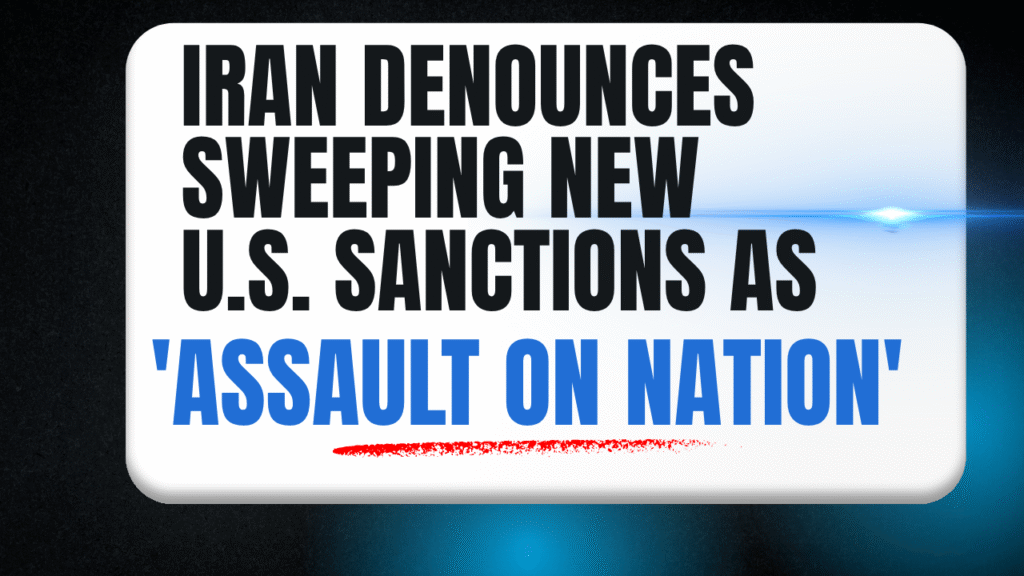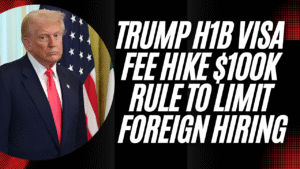Iran has fiercely criticized a new wave of U.S. sanctions targeting its oil and petrochemical sectors, calling the move a continuation of Washington’s “hostile policy” and a direct attack on the Iranian people.
Announced by the U.S. State Department on Wednesday, the sanctions blacklist more than 115 individuals, entities, and vessels allegedly tied to Iran’s global petroleum trade. This marks one of the largest sanctions packages since the U.S. withdrew from the 2015 nuclear agreement in 2018, and it follows heightened tensions in the region, including joint U.S.-Israeli strikes on Iranian infrastructure in June.
🔍 Why It’s Important
The latest sanctions are part of Washington’s intensified “maximum pressure” strategy, aimed at throttling Tehran’s energy revenue — the economic backbone of Iran’s regional influence. With diplomatic efforts stalled and Iran strengthening ties with China and Russia, the move could inflame geopolitical divisions and rattle global energy markets.
🧭 Iran’s Response
Iran’s Foreign Ministry swiftly condemned the sanctions. Spokesperson Esmail Baqaei described the measures as “an undeniable sign of America’s enmity toward the Iranian people,” asserting that they were designed to weaken the country and infringe upon citizens’ basic rights.
He accused U.S. leaders of clinging to “unilateralism and coercion,” adding, “The Iranian nation will remain resilient and determined to defend its sovereignty and dignity.”
💼 What the Sanctions Target
The sanctions target a sprawling international oil export and shipping network allegedly overseen by Mohammad Hossein Shamkhani, son of a top adviser to Iran’s Supreme Leader, Ayatollah Ali Khamenei.
Key targets include:
- 20 petroleum firms
- 5 shipping and vessel management companies
- 1 global oil wholesaler
- Dozens of entities across 17 countries, including the U.K., Switzerland, Italy, UAE, Hong Kong, and India
According to the U.S., the network funneled billions through deceptive practices like shell companies, forged documentation, and hidden tanker routes—mostly for covert oil sales to China. The sanctions freeze any U.S.-linked assets and bar all designated entities from the American financial system.
💬 Statements from Officials
- Esmail Baqaei, Iranian Foreign Ministry:
“These unjust sanctions aim to erode Iran’s economic foundations and trample on the rights of ordinary citizens. But the people of Iran will not bow to economic warfare.” - Tammy Bruce, U.S. State Department:
“This action, under Executive Order 13846, reflects our continued efforts to disrupt Iran’s energy exports. It is the 11th round of sanctions under President Biden’s maximum pressure mandate from February 2025.”
🔮 What’s Next
With diplomacy deadlocked and Tehran reeling from recent military and economic blows, the new sanctions could harden its position and further entrench hostility between Iran and the West. The campaign to disrupt Iran’s oil trade appears far from over — and any hope for a negotiated path forward looks increasingly unlikely.






